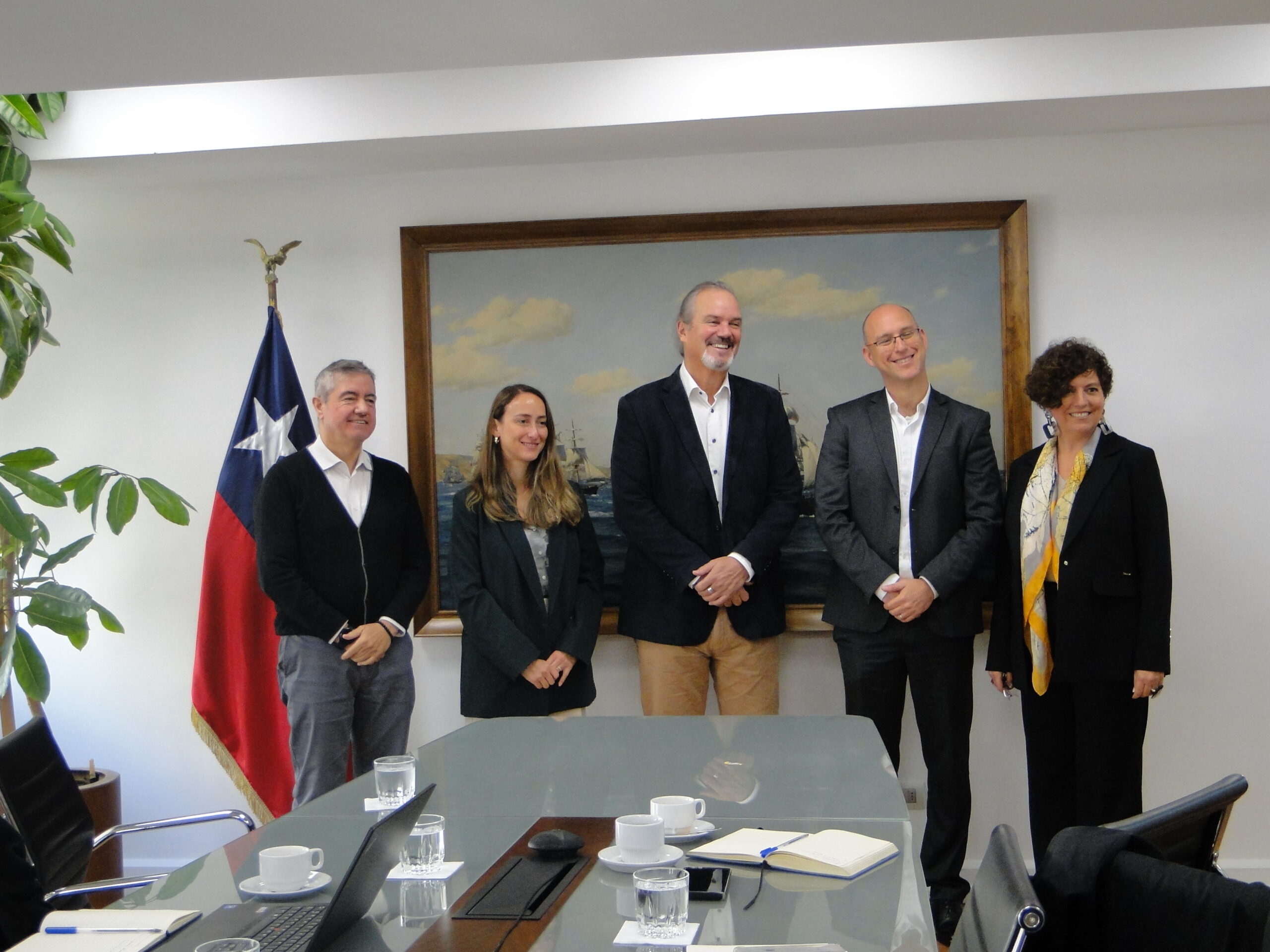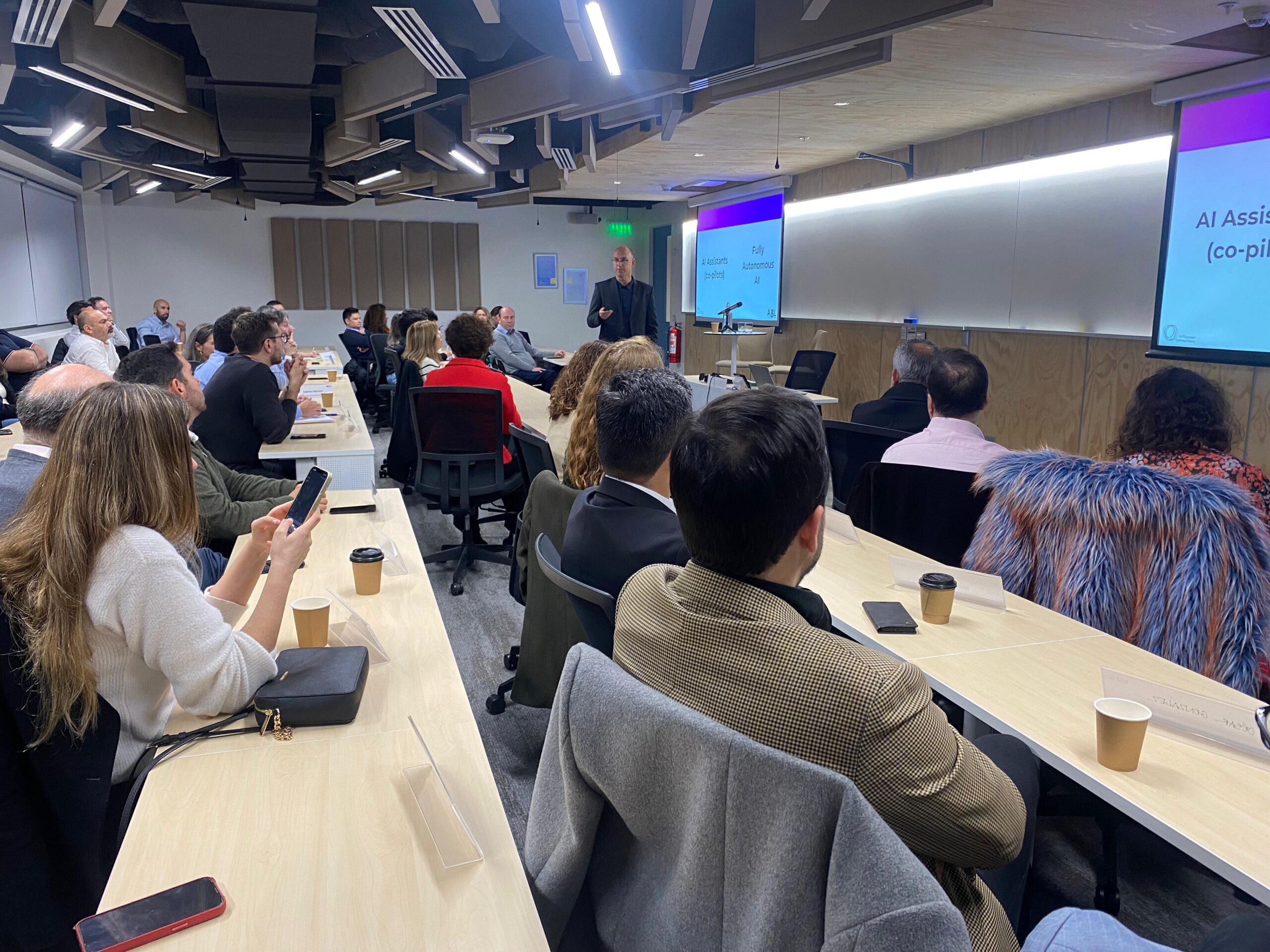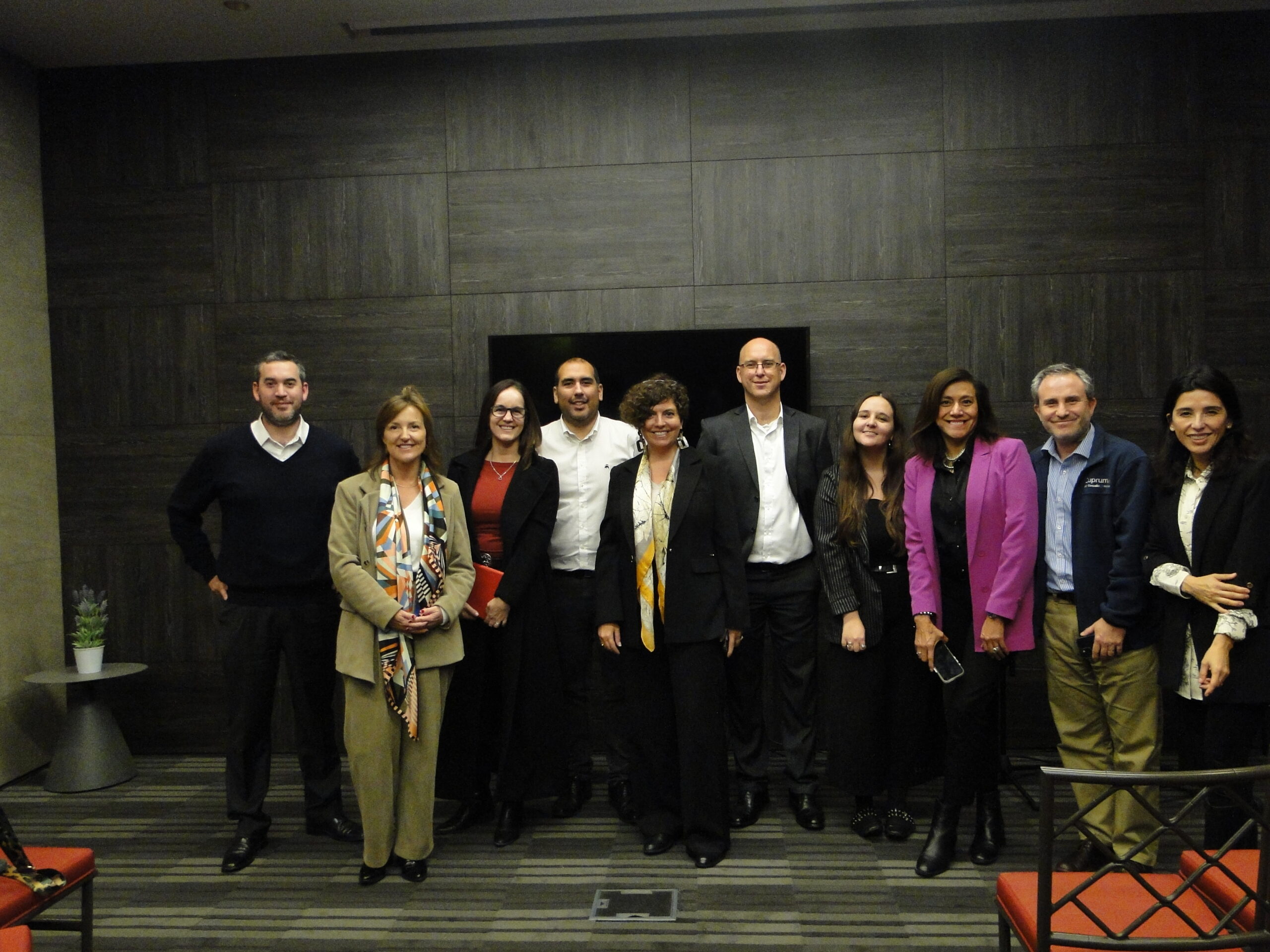What We Learned with Ori Shachar: A Tour to Talk Seriously About AI
In May 2025, we organized the first tour of Peru and Chile for Ori Shachar, an Israeli expert in artificial intelligence applied to business. With over 20 years of experience, he has led developments at companies like Mobileye, participated in Tesla’s Autopilot, and contributed to the AI revolution in healthcare, agriculture, and financial services. He is currently the CEO of Autom8Labs.
Ori Shachar doesn’t just talk about the future; he builds it. So, more than a series of talks and conferences, this was an invitation to think with perspective, purpose, and without fear of what’s next.
For nearly two intense weeks, we traveled through Lima and Santiago, sparking key conversations about artificial intelligence and its impact on business and society. We met with opinion leaders, managers, academics, entrepreneurs, business owners, technical teams, and postgraduate students—all interested in understanding how to implement AI effectively, ethically, and strategically.
In Lima, we exchanged ideas with the Credicorp team, professionals from the Flint Abogados law firm, and representatives from professional organizations like the Peruvian College of Engineers and the Lima Chamber of Commerce. It was at the latter that Ori Shachar delivered his conference, “AI in your company – How to implement it well starting today!”, prompting deep reflections on technological adoption and leadership.
The tour continued in Santiago, where we visited the FEN at the University of Chile and the Pontificia Universidad Católica, engaging with their master’s students. We were welcomed by CORFO, with whom we discussed development, technology, and the urgent challenge of moving towards a more competitive, sustainable Chile, prepared to lead this new era. We also held meetings with AmCham Chile, Cuprum, Mutual de Seguridad, and JBIZ, a community that brings together young entrepreneurs.
What Did This Tour Leave Us With?
-
- That AI is not just a technical matter, but a deeply human one.
- That adopting technology without strategy or ethics doesn’t transform; it only complicates.
- That failing is part of the journey, and sharing those mistakes also teaches.
- That human talent remains at the center, even as the context changes.
- And that Latin America has a lot to say—and do—in this global conversation.
From Softpower, we thank every institution that opened its doors and everyone who sat down to listen, ask questions, and challenge ideas. Because what we need today are real spaces to think seriously, and together, about the future we want to build for our organizations and communities.



